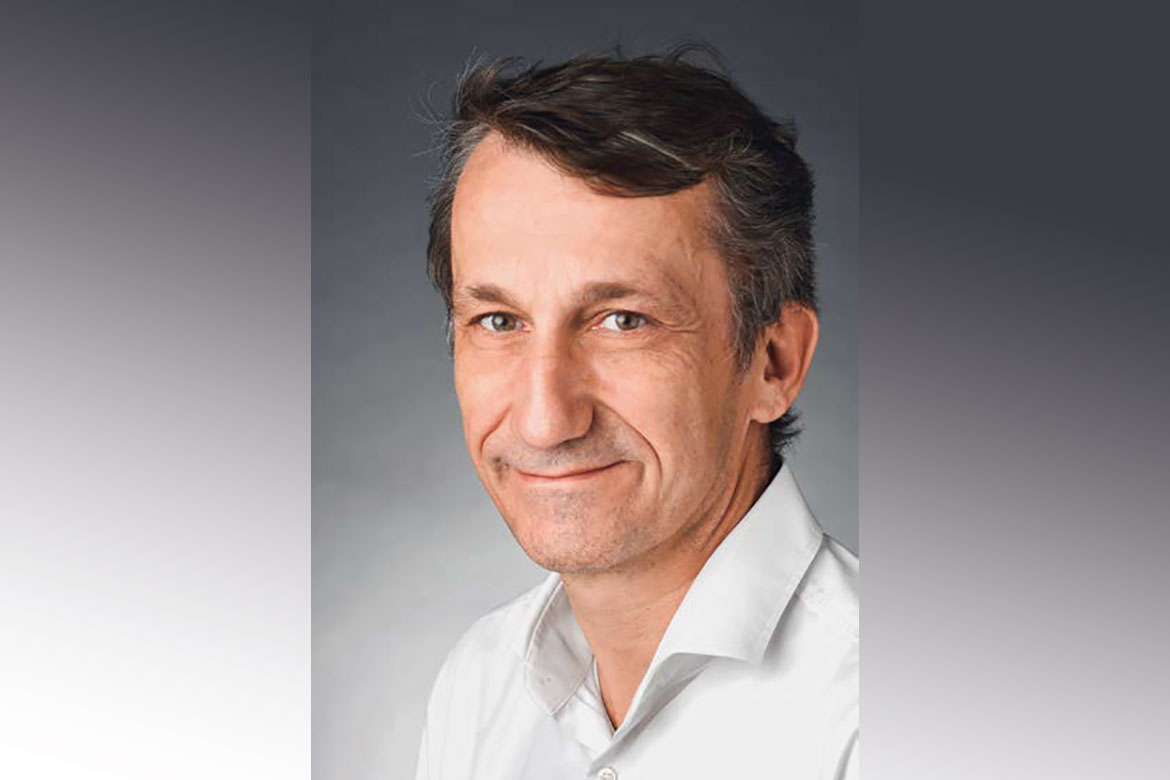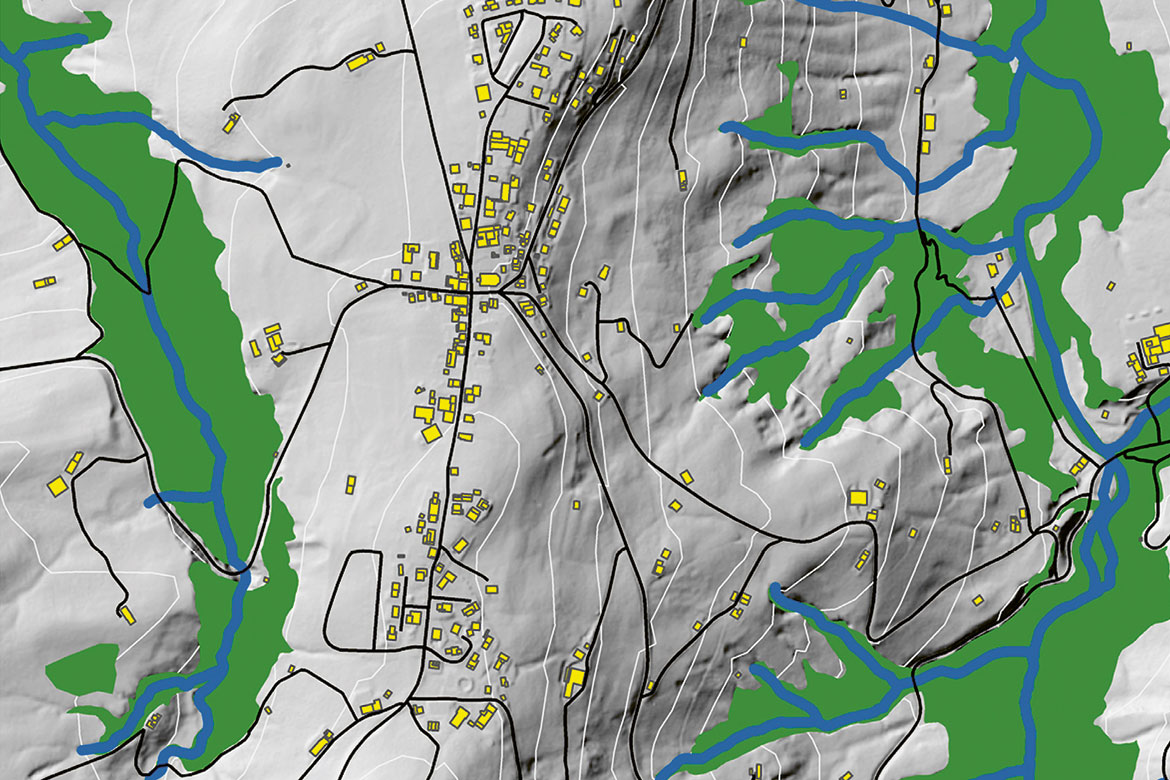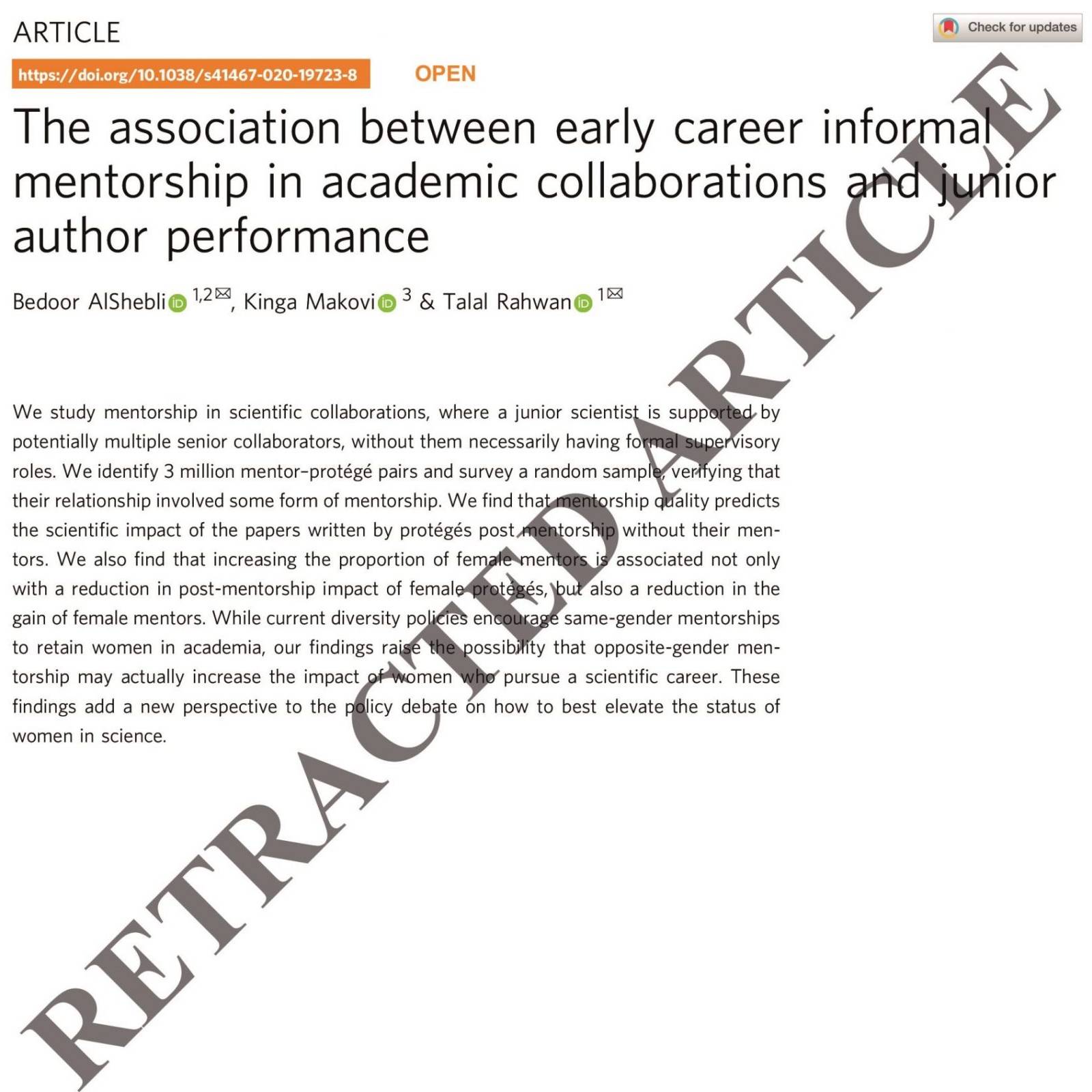“Scientists will sit at the same table as heads of state”
In 2019, the UN will publish its Global Sustainable Development Report (GSDR). Peter Messerli, a geographer and professor of sustainability from Bern, is one of the 15 members of its independent group of scientists, and has been appointed its co-chair. The schedule is tight, and their goals are ambitious – but in compensation, these scientists have the opportunity to exert major influence in the world’s highest-ranking political body. What is the purpose of the Global Sustainable Development Report? At the United Nations Conference on Sustainable Development in Rio in 2012, the member states of the UN decided to intensify knowledge exchange between politics and science. The coming Report is important for implementing and monitoring the development goals in the UN’s 2030 Agenda. But there is no simple magic formula. We have to weigh up carefully the advantages and disadvantages, basing our decisions on facts and knowledge. Only in this manner can we make fair decisions. What is your strategy for managing this Herculean task? We want to divide up the Report into four large areas. The different chapters will first focus on analysing the interdependencies of the sustainability goals in the 2030 Agenda. Secondly, we will deal with the implementation process: What changes are at all possible, and how are we going to approach them? Thirdly, we have to keep our eyes open for new topics that have not yet been considered in the 2030 Agenda. And fourthly? We want to strengthen the voice of science substantially. And we can achieve this. But we have to develop and implement the appropriate methods so that we can find solutions at the interface between research and politics. I see a great need for action here, both in politics and in science. Is this yet another report that’s destined to disappear into desk drawers? No, on the contrary. The voice of science will be represented at the table when the heads of state of all member countries meet at the UN General Assembly in 2019. How did a Swiss citizen land this position? Switzerland is a hotspot for global change research. In our democratic system, we are already living out this exchange between politics, science and the people. This is also why science was represented in the Swiss delegation right from the very start. Interview: This Rutishauser CC BY-NC-ND

In 2019, the UN will publish its Global Sustainable Development Report (GSDR). Peter Messerli, a geographer and professor of sustainability from Bern, is one of the 15 members of its independent group of scientists, and has been appointed its co-chair. The schedule is tight, and their goals are ambitious – but in compensation, these scientists have the opportunity to exert major influence in the world’s highest-ranking political body.
What is the purpose of the Global Sustainable Development Report?
At the United Nations Conference on Sustainable Development in Rio in 2012, the member states of the UN decided to intensify knowledge exchange between politics and science. The coming Report is important for implementing and monitoring the development goals in the UN’s 2030 Agenda. But there is no simple magic formula. We have to weigh up carefully the advantages and disadvantages, basing our decisions on facts and knowledge. Only in this manner can we make fair decisions.
What is your strategy for managing this Herculean task?
We want to divide up the Report into four large areas. The different chapters will first focus on analysing the interdependencies of the sustainability goals in the 2030 Agenda. Secondly, we will deal with the implementation process: What changes are at all possible, and how are we going to approach them? Thirdly, we have to keep our eyes open for new topics that have not yet been considered in the 2030 Agenda.
And fourthly?
We want to strengthen the voice of science substantially. And we can achieve this. But we have to develop and implement the appropriate methods so that we can find solutions at the interface between research and politics. I see a great need for action here, both in politics and in science.
Is this yet another report that’s destined to disappear into desk drawers?
No, on the contrary. The voice of science will be represented at the table when the heads of state of all member countries meet at the UN General Assembly in 2019.
How did a Swiss citizen land this position?
Switzerland is a hotspot for global change research. In our democratic system, we are already living out this exchange between politics, science and the people. This is also why science was represented in the Swiss delegation right from the very start.
Interview: This Rutishauser




